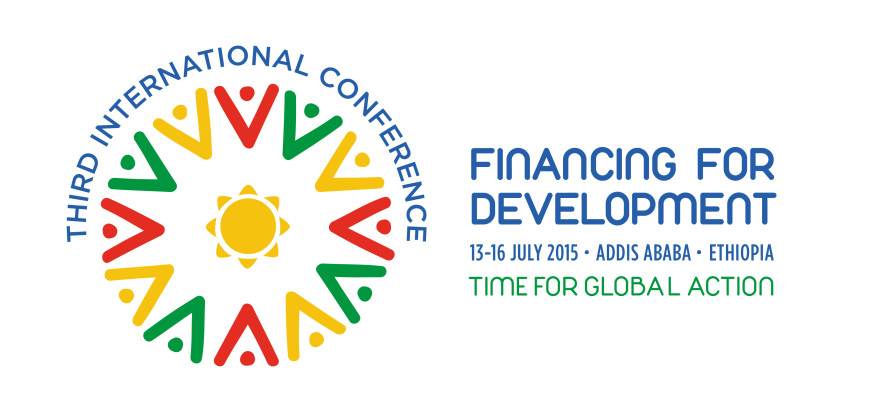
by Yiagadeesen Samy
Published: September 30, 2015
The introductory blog for this series makes a compelling case for why Canada and Canadians should pay attention to the Sustainable Development Goals (SDGs). Indeed, it would be a shame if these SDGs are not fully embraced (and implemented) here at home, and by the international community writ large.
After all, it took years of consultations and negotiations to get where we are today: 17 SDGs (and 169 targets within them) to replace the eight Millennium Development Goals (MDGs), with a focus not just on the social aspects of development but also other issues such as peace and security, income inequality, and the environment and climate change.
It is also time to stop reminiscing about whether we could have come up with a simpler (shorter!) list of goals. At this point, such discussions can only be counterproductive at best. Let us not forget that even the eight MDGs were once seen as unrealistic and overly-ambitious; so it does not seem that having fewer goals (10 is a number that came up regularly in this debate) for Agenda 2030 would have calmed the critics (and I admit, myself included).
Furthermore, even if the SDGs have recently been criticized for being worse than useless, the process this time around was certainly more inclusive, including active participation from civil society, and ultimately reflects that poverty and (lack of) economic development are very complex issues.
On a brighter note, I would argue that we know much more now about what works in development, and what does not. Furthermore, the lessons learnt from the MDG process should be helpful for the Inter-agency Expert Group on SDG Indicators, created in March 2015, as it develops an indicator framework for the goals and targets of the post-2015 agenda.
The biggest challenge that we face now is on the implementation side, and that means thinking very seriously about hard financial commitments. The financial aspects or “how the SDGs will be financed” has not received as much attention.
What’s also remarkable is that the first Financing for Development Conference was held in Monterrey in March 2002, a year and a half after the Millennium Declaration was adopted and six months after the MDGs. In other words, the financing aspects of the MDGs were not seriously considered until after the goals were endorsed. This time around, the Third Financing for Development conference in Addis Ababa was held in July to discuss the operational Means of Implementation (MOI) for the SDGs.
We now know, based on estimates, that in order to meet the SDGs, additional investments of $2-3 trillion per year will be required over the next 15 years, with significant amounts required for large infrastructure such as power and transport, and climate change mitigation and adaptation. However, despite urging donor countries to recommit to the 0.7% target, and proposing a host of measures – for example, for a social compact whereby countries set spending targets on health and education, for countries to collect more taxes, fight tax evasion and illicit financial flows, and attract private finance – the outcome document of the Addis meeting was a disappointment.
Aid is unfortunately no longer a big part of the conversation, while the role of the private sector and private finance has been increasingly emphasized. This is bad news for low-income, fragile and conflict-affected countries that are aid dependent, are unable to attract other forms of external financing, and that are already making significant tax effort. Furthermore, as our work has shown, there is much scope for donors, including Canada, to play a more prominent role in helping partner countries improve their fiscal performance.
Equally missing from the conversation is the efficiency and effectiveness of public expenditure, which are essential prerequisites for creating a true fiscal pact between governments and citizens.
The SDGs represent an opportunity for Canada to examine how it can engage globally and how it can exercise leadership, both at home and abroad, to address sustainable development challenges. However, unless – and until – the financial aspects of the SDGs are properly addressed, the post-2015 agenda will remain a set of elusive goals.
Yiagadeesen (Teddy) Samy is an Associate Professor and Associate Director at the Norman Paterson School of International Affairs, Carleton University
This is Part 5 of the SDGs Unpacked series. Read Part 1 here.



Recent Comments